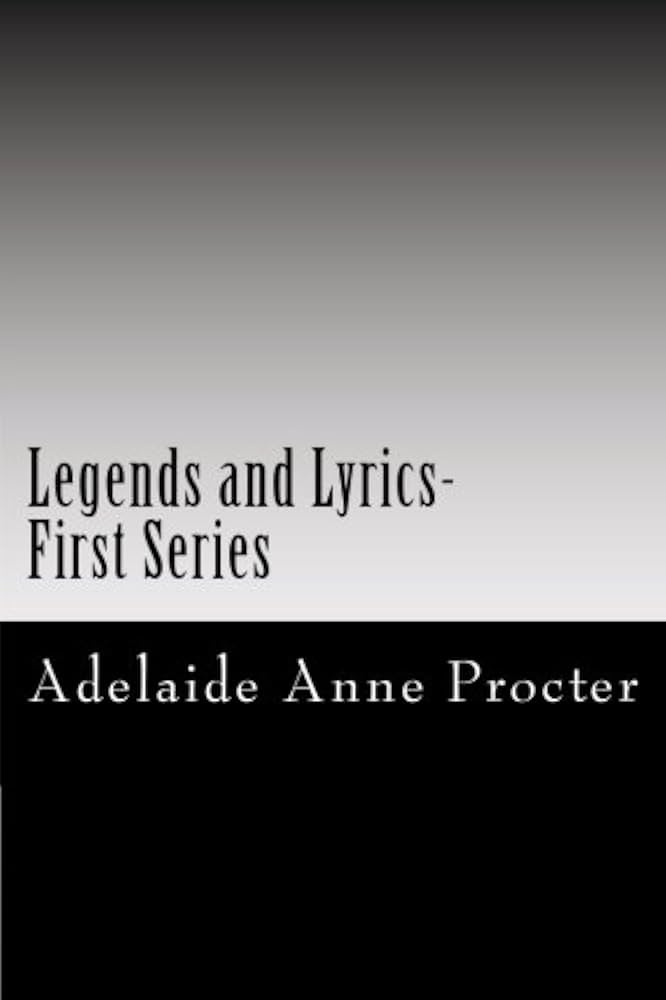VERSE: GOLDEN WORDS
byGolden Words speaks not just to poetry lovers but to anyone who has ever felt the weight of a promise or the sting of a misused phrase. Right at the heart of the poem lies the belief that language, when overused or applied thoughtlessly, loses the gravity it was meant to hold. Some words carry more than meaning—they carry legacy, memory, and a sense of duty. In the modern rush of conversation, words like “Love” and “Honour” are often thrown around like confetti, sparkling briefly but quickly forgotten. The poem challenges us to resist this erosion of language’s soul. It invites a return to care, where speaking becomes an intentional act. Every word, especially the sacred ones, should earn its place by matching the weight of the emotion or truth it represents.
The idea of calling someone a “Poet” is presented not as a casual compliment but as a sacred title. In an era where anyone can rhyme a few lines and gain attention, the poem reminds us that true poets are vessels of something eternal. Their words cut through noise to express what many feel but cannot say. The metaphorical crown given to them isn’t made of gold, but of understanding and timeless relevance. They shouldn’t be likened to entertainers, but to those who reflect human truths back at us in lyrical mirrors. This vision reshapes our understanding of art’s role—not as decoration, but as devotion. And when we use the word “Poet” too easily, we dull the luster of those who truly deserve the honor.
The word “Love” also receives sharp scrutiny. It’s shown not as just a feeling but as a vow, sacred and powerful when expressed with true intent. Overuse has turned it into a placeholder in texts, a throwaway line in songs, or a reflex in relationships that lack depth. The poem argues that this word should not be used casually, but only when one’s soul stands behind it fully. When said too often or too soon, it becomes stripped of meaning, like a currency no longer backed by value. By reserving it for only the most genuine of connections, we ensure that its utterance still has the power to move, to heal, and to connect. It’s not restraint for its own sake—it’s reverence.
“Forever,” another word brought under scrutiny, is reimagined as a solemn vow. Too often spoken during fleeting moments, it has lost its permanence in a world chasing temporary highs. But the poem encourages us to reclaim it, to let it shine again as a beacon of constancy. When used with care, it anchors us to time and to promise. In relationships, in family, or in principles, “Forever” should echo across years, not minutes. That kind of speech doesn’t limit us—it roots us in truth. And in doing so, it guards us against the emptiness of broken intentions.
“Honour,” perhaps the most diminished of the golden words, is offered as a final plea for restoration. Once the foundation of entire cultures and creeds, it’s now tossed about with little thought to the integrity it once required. Yet in this poem, it stands tall—defended like a fortress against the rise of casual speech. Honour, when spoken rightly, should reflect actions rooted in self-respect and moral clarity. Not everyone deserves to carry it, and not every deed earns it. It is not found in gestures of approval or show, but in sacrifices, in quiet defiance of wrongdoing, and in loyalty when no one is watching. The poem dares us to speak “Honour” only when it reflects the life behind the word.
For readers navigating today’s fast and often hollow communication, this message is more than poetic—it’s practical. Digital spaces have made it easy to post thoughts without pause, but what if we paused anyway? What if we chose to speak with intention, to write as if each word had weight? Language shapes perception. The more casually we speak, the more casually we feel. And in a time when authenticity is often lost to brevity or performance, honoring our words becomes a form of resistance. We don’t just protect language—we protect meaning, connection, and depth.
Golden words are more than elevated vocabulary—they are emotional commitments. They carry the power to shape, to wound, and to uplift. When chosen wisely, they become anchors in conversations that matter, markers of moments we won’t forget. That’s what the poet leaves us with—not a set of rules, but an invitation to speak as though someone’s heart depends on it. Because often, it does.


